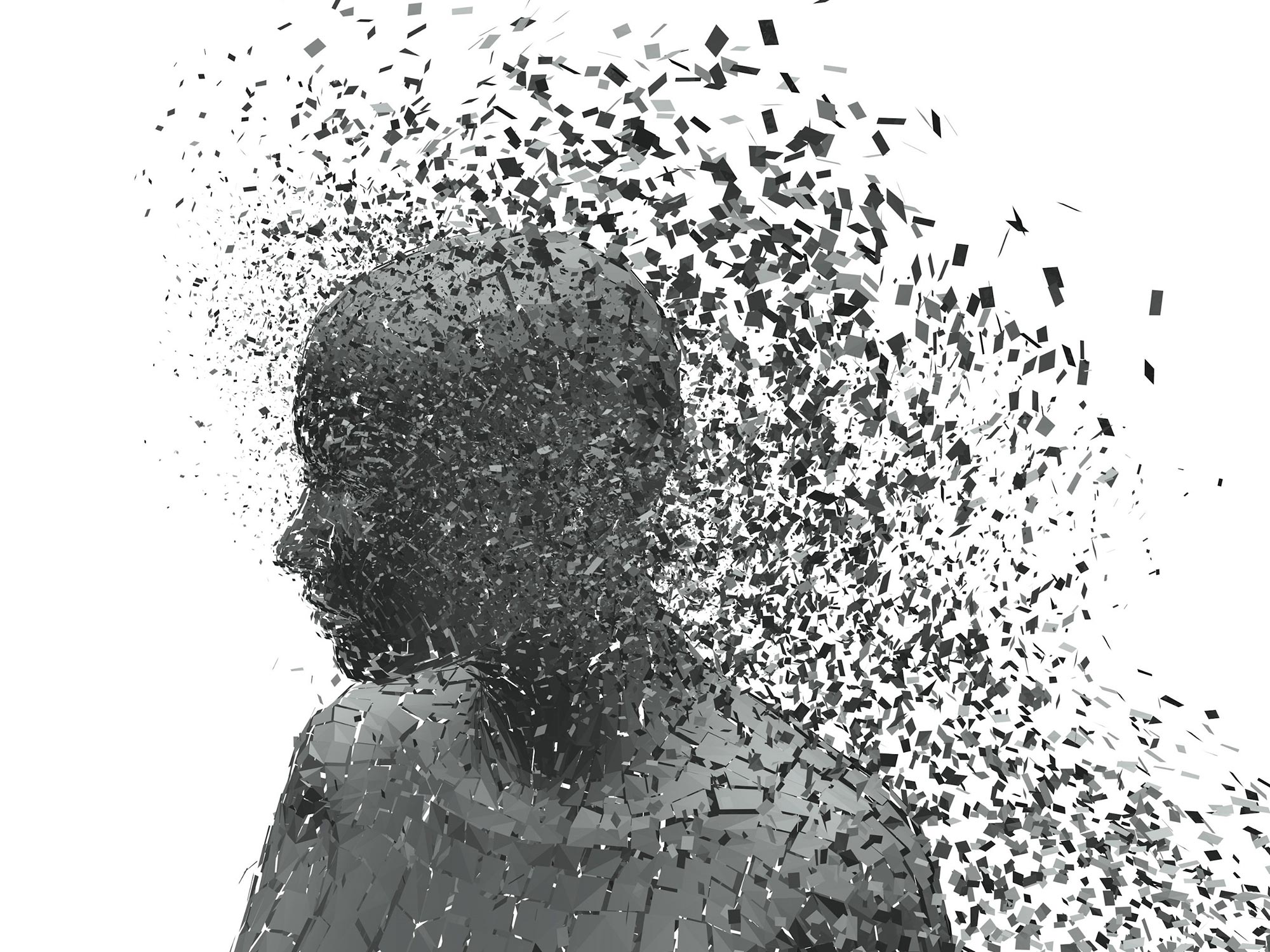
Myths About Depression
Depression is a severe mood condition characterized by persistent feelings of inexplicable melancholy, loss of interest in life, poor appetite, low energy levels, difficulty focusing, and low self-esteem. It’s enough to severely impair someone’s quality of life and to make matters worse, there is a terrible stigma associated with depression in our culture that causes those who suffer from it to feel embarrassed.
Another widespread myth is that people with depression shouldn’t be depressed in the first place and may be made to feel better by thinking cheerful thoughts. In order to dispel myths and raise awareness of the illness, it is essential. In this article, we have gathered six myths about depression that should be addressed ASAP.
1. Depression is not a disease
Many people are under the impression that depression is just plain melancholy or perhaps a lack of character. Depression, however, is a complicated mental health problem. Its causes include social, psychological, and biological, and there are many different approaches to curing it.
Don’t dismiss your feelings of depression as commonplace if you believe you may be depressed. Consult your doctor instead. They can assist in getting you the help you need to deal with depression.
2. Depression is always hereditary
According to studies, between 40 and 50 percent of depression has hereditary causes. Therefore, it’s not a given that you will have depression if your parent or sibling does. You may take steps to lessen your chance of having depression as well. These include keeping up an effective support system, being physically active, eating healthily, and adopting constructive coping mechanisms like meditation and relaxation techniques.
3. Depression only occurs after a negative life event
Depression is more than just having gloomy thoughts now and again. Although everyone goes through ups and downs in life, and many people experience sadness for a while after a significant setback or disappointment, developing depression does not require a particularly traumatic experience.
Depression is characterized by protracted bouts of despair, unhappiness, and loss of interest in activities that one typically finds enjoyable. Even when everything appears to be going well in life, depression may strike without warning.
4. Medications are the only method of treating depression
Antidepressants are frequently prescribed by doctors to help treat depression because they can enhance how the brain uses hormones that regulate mood and stress. Antidepressants don’t work for everyone or in all circumstances, and they are not a panacea for depression. In reality, to assist treat depression, doctors frequently prescribe antidepressants together with psychotherapy and lifestyle modifications.
5. Only women experience depression
The National Institute of Mental Health reports that women experience depression at a rate that is nearly double that of males. Women’s depression is caused by a variety of circumstances, including hormonal changes, particularly in the childbearing years, and social stressors like having a family. However, in the US, 6 million males experience depression annually.
Male depression is more challenging to identify than female depression, despite the fact that the signs used to diagnose male depression are the same as those used to diagnose male depression in women. Men often report greater physical symptoms than women do, such as headaches, backaches, chest discomfort, and stomach issues.
6. Depression can be treated with the help of bed rest
If you are depressed, you may feel exhausted and willing to spend a life in bed. But the truth is that physical inactivity can worsen your depression. Research shows that regular, moderate exercise can reduce depressive symptoms and be as effective as certain medications in treating mild to severe depression. Exercise with a buddy or a group gives social support, which is another mood enhancer.
